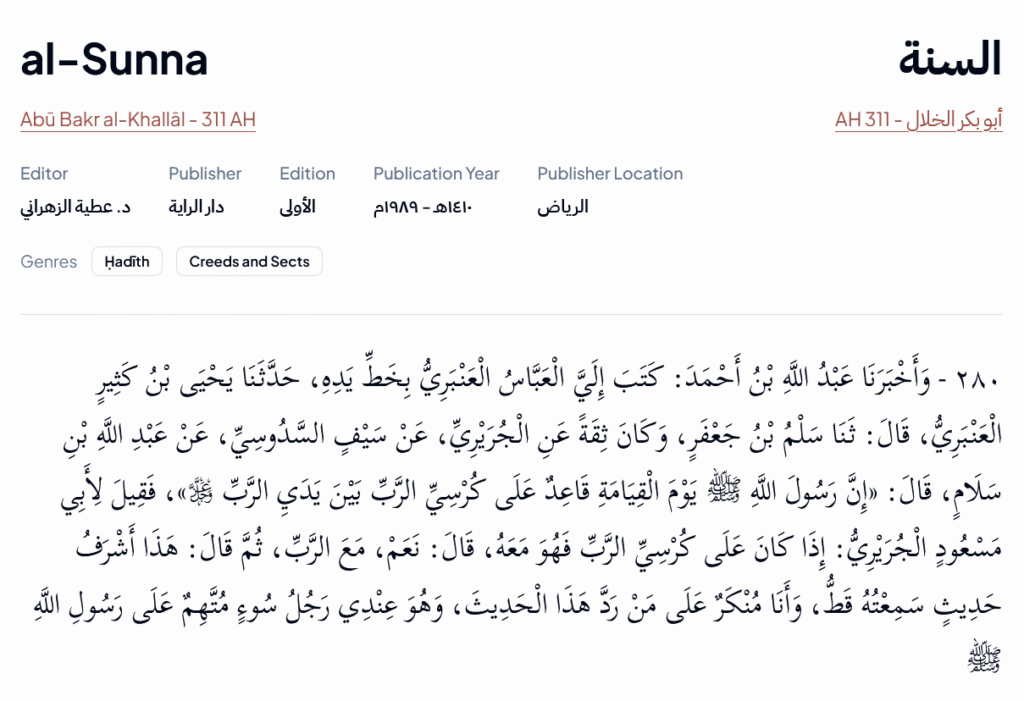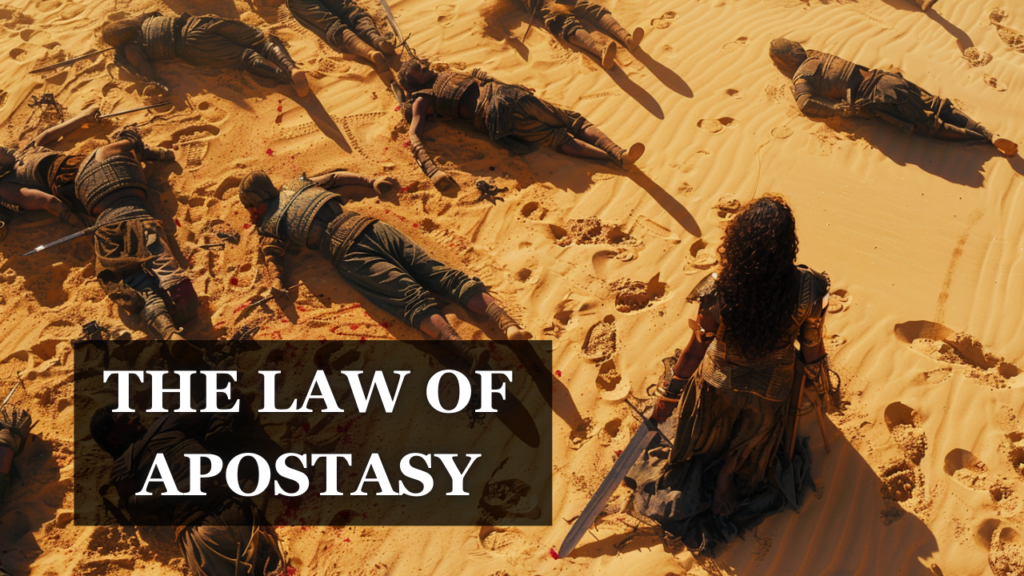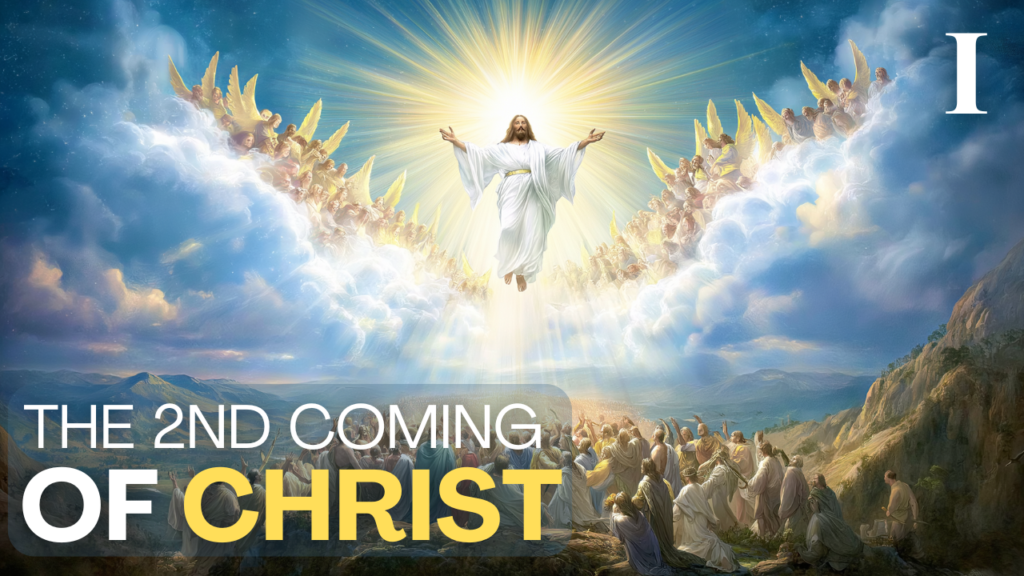There exists a narration so shocking, so theologically reckless, that it nearly blurs the line between reverence and blasphemy. Some claimed that the Prophet Muhammad would sit beside God on His Throne. This is “the Throne narration,” and it represents one of the most dangerous distortions ever to emerge in early tafsīr and creed. The narration centers on 17:79 –
[17:79] During the night, you shall meditate for extra credit, that your Lord may raise you to an honorable rank.
وَمِنَ ٱلَّيْلِ فَتَهَجَّدْ بِهِۦ نَافِلَةً لَّكَ عَسَىٰٓ أَن يَبْعَثَكَ رَبُّكَ مَقَامًامَّحْمُودًا
Many Islamic scholars claimed this verse meant that God would literally seat the Prophet Muhammad upon the Divine Throne, or even beside Him upon it. The earliest proponent of this interpretation was Mujāhid ibn Jabr (d. 104 AH), one of the most prominent students of Ibn ʿAbbās. Through multiple chains of transmission, Mujāhid is reported to have said: “يجلسه على العرش” (“He will seat him on the Throne”) or even more explicitly, “يجلسه معه على العرش” (“He will seat him with Him on the Throne“).

ʿAbd Allāh ibn Aḥmad reported:
Al-ʿAbbās al-ʿAnbarī wrote to me in his own handwriting, saying:
Yaḥyā ibn Kathīr al-ʿAnbarī narrated to us, who said: Salm ibn Jaʿfar — and he was trustworthy — narrated to us from al-Jurayrī, from Sayf al-Sadūsī, from ʿAbd Allāh ibn Salām, who said:“Indeed, the Messenger of God ﷺ, on the Day of Resurrection, will be seated upon the Chair (kursī) of the Lord, before (in front of) the Lord.”
It was said to Abū Masʿūd al-Jurayrī:
“If he is upon the Chair of the Lord, then he is with Him?”
He replied: “Yes, with the Lord.”Then he said:
“This is the noblest ḥadīth I have ever heard, and I denounce anyone who rejects this ḥadīth; such a person, to me, is an evil man who accuses the Messenger of God ﷺ of falsehood.”
This narration, shocking as it sounds, did not remain an isolated report. It was defended, transmitted, and even sanctified by major early exegetes.
Metaphorical Cop-Out
When confronted with theologically problematic passages, many scholars instinctively reach for metaphorical reinterpretation. It’s a familiar pattern. When a text seems to contradict fundamental doctrines, simply claim it’s symbolic, figurative, or metaphorical. In the case of the Throne narration, later scholars attempted this very strategy, arguing that the “praised station” (maqām maḥmūd) merely refers to the Prophet’s role as intercessor on the Day of Judgment. That he will receive an elevated position of honor, but nothing that would compromise the absolute distinction between Creator and creation. But what makes this case so extraordinary is that the early defenders of the literal interpretation explicitly rejected this escape route. In a striking passage preserved by al-Khallāl, we find the literalists not only affirming the shocking interpretation but actively attacking those who tried to soften it:
Muḥammad ibn Fuḍayl narrated to us from Layth, from Mujāhid (on the verse):
“It may be that your Lord will raise you to a praised station.” (Q 17:79)
He (Mujāhid) said:
“He will seat him upon the Throne (‘arsh).”
However, Muḥammad ibn ʿAbd Allāh ibn Numayr said:
“He will seat him with Him upon the Throne.”
Muḥammad ibn ʿUthmān said:
“It has reached me that some ignorant people have rejected this ḥadīth because of their lack of knowledge, rejecting what has been accepted by the scholars who preceded them, those we have mentioned.
I do not know of anyone among those I have cited who transmitted this ḥadīth except that they accepted it exactly as it came, and they were more knowledgeable of the interpretation of the Qur’an and the Sunnah of the Messenger of God ﷺ than those ignorant ones who reject this ḥadīth and claim that the ‘Praised Station’ (maqām maḥmūd) refers only to intercession and to no other station.These are the accounts of the reliable shaykhs from the cities of Baghdad and Kufa and elsewhere.
Were it not that the book would become too long, I would have added more such accounts; but what we have recorded suffices, if God wills, for whoever God wills to be guided.”
Read that carefully. Muḥammad ibn ʿUthmān is not leaving room for metaphorical interpretation. He is explicitly denouncing it. Those who try to limit the meaning to intercession are called “ignorant” (جهال). Those who “reject this ḥadīth” by reinterpreting it metaphorically are accused of lacking knowledge and dishonoring the early scholars. The defenders of this narration intended it literally. They rejected the metaphorical reading. They condemned those who sought it.
(1) The most well-known view is that the “Praised Station” (al-maqām al-maḥmūd) mentioned in the verse refers to intercession (al-shafāʿah).
Among those who adopted this interpretation are:
Ibn Jarīr [al-Ṭabarī], al-Zajjāj, al-Naḥḥās, al-Baghawī, al-Zamakhsharī, Ibn ʿAṭiyyah, al-Qurṭubī, Abū Ḥayyān, and Ibn Kathīr. (2)Note:
The early predecessors (al-salaf) held another view regarding this verse — that Muḥammad ﷺ will be seated by his Lord upon the Throne (ʿarsh) with Him.
This view was held by: Ibn Masʿūd, Ibn ʿAbbās (3), and Mujāhid. (4)Al-Wāḥidī was extremely severe in rejecting and denouncing this interpretation. (5) He said:
“This is a vile, repulsive, and dreadful statement. The text of the Book (the Qur’an) itself proclaims the falsehood of this interpretation. … Indeed, this is base and despicable speech, inclined to only by one who is weak-minded and devoid of religion. And God knows best.”
Ibn Taymiyyah, in discussing the possibility of both meanings being valid, said:
“Once this is understood, it should be known that trustworthy scholars and accepted saints have reported that Muḥammad, the Messenger of God ﷺ, will be seated by his Lord upon the Throne with Him.
This was narrated by Muḥammad ibn Fuḍayl from Layth, from Mujāhid, in his commentary on the verse:
‘It may be that your Lord will raise you to a Praised Station’ (Q 17:79).
This has been mentioned through several other routes, both with and without chains going back to the Prophet.
Ibn Jarīr said: ‘This does not contradict the well-known ḥadīths that explain the Praised Station as the intercession, which is the consensus of the imams. Among all who ascribe themselves to Islam, none consider it objectionable to say that he will be seated upon the Throne, except for some of the Jahmiyyah (6). Mentioning it in the interpretation of this verse is not blameworthy.’” (7)
Al-Wāḥidī, the great exegete, unleashed one of the most scathing rejections in classical tafsīr literature:
“This is a vile, repulsive, and dreadful statement. The text of the Book (the Qur’an) itself proclaims the falsehood of this interpretation. … Indeed, this is base and despicable speech, inclined to only by one who is weak-minded and devoid of religion.”
Al-Wāḥidī wasn’t engaging in polite scholarly disagreement; he was declaring this interpretation a theological abomination that contradicted the Quran’s own affirmation of divine transcendence. Centuries later, Ibn Taymiyyah attempted to validate both interpretations:
“Trustworthy scholars and accepted saints have reported that Muḥammad, the Messenger of God ﷺ, will be seated by his Lord upon the Throne with Him… Among all who ascribe themselves to Islam, none consider it objectionable to say that he will be seated upon the Throne, except for some of the Jahmiyyah. Mentioning it in the interpretation of this verse is not blameworthy.”
Ibn Taymiyyah argued that the verse could refer to both intercession and literal seating on the Throne, and he framed rejection of the literal reading as rationalist heresy. He defended the narration not on theological grounds, but on methodological ones. Trustworthy scholars transmitted it, early authorities held it, and only theological rationalists reject such reports.
The Theological Catastrophe.
To understand why the Throne narration provoked such visceral reactions from scholars like al-Wāḥidī, we need to grasp exactly what it implies and why those implications are theologically catastrophic. The Throne (al-ʿArsh) is not a piece of celestial furniture. The Quran describes it as God’s absolute sovereignty, His incomparability, His transcendence over all creation. The Quran repeatedly emphasizes that nothing in creation resembles God: “There is nothing like unto Him” (42:11). He is neither contained by space nor limited by time. He does not share His essence, His attributes, or His dominion with anyone. To place a created being (like the Prophet Muhammad) upon the Throne, or beside God upon the Throne, is to suggest a sharing of divine status. It collapses the infinite ontological distance between Creator and creation. It implies that a human being can occupy the same metaphysical space as God Himself. This is heresy. Al-Wāḥidī was correct to feel repulsed, yet he can not deny the fact that the early predecessors not only accepted this literalist view but also condemned the attempted push for this metaphorical understanding.
Islam’s central critique of Christianity has always been its blurring of the divine-human boundary. Christians elevated Jesus from Prophet to God incarnate, claiming he sat “at the right hand of the Father,” sharing in divine glory and authority. The Quran explicitly rejects this: “They have certainly disbelieved who say, ‘God is the Messiah, the son of Mary‘” (5:17).
Yet the Throne narration does something remarkably similar with Muhammad. If Sunnis accept the literal interpretation that the Prophet will be seated with God upon His Throne, then they are dangerously close to the very theological error the Quran was sent down to correct. The difference in terminology (“seated on the Throne” vs. “seated at the right hand”) cannot disguise the fundamental similarity: both claims elevate a human being to a station that belongs to God alone.
Even if the defenders protest, “we don’t mean he becomes God,” the very imagery creates a conceptual space where the Prophet is no longer merely a part of creation, but something approaching divine. Idolatry isn’t just explicit declarations of divinity, but also incremental blurring of boundaries until the distinction itself becomes meaningless. The Throne narration, taken literally, creates an impossible theological position:
- If you accept it, you compromise your monotheism.
- If you reject it, you (according to the literalists) become an “ignorant” rejector of early scholarly consensus
- If you reinterpret it metaphorically, you violate the very literalist methodology that gave rise to the interpretation in the first place
The defenders of this narration painted themselves into a corner. Their methodological commitment to “accepting texts as they came” left them defending an interpretation that their own theology should have rejected immediately.
A Universal Promise Hijacked
Look at verse 17:79 in its actual context –
17:78 – The Noon Prayer
“You shall observe the Contact Prayer (Salat) when the sun declines from its highest point at noon, as it moves towards sunset. You shall also observe (reciting) the Quran at dawn. (Reciting) the Quran at dawn is witnessed.”
17:79 – Meditation
“During the night, you shall meditate for extra credit, that your Lord may raise you to an honorable rank.”
17:80
“And say, ‘My Lord, admit me an honorable admittance, and let me depart an honorable departure, and grant me from You a powerful support.'”
17:81
“Proclaim, ‘The truth has prevailed, and falsehood has vanished; falsehood will inevitably vanish.'”
Read those verses together. The entire passage is about spiritual discipline and prayer. Verse 78 establishes the obligatory prayers. Verse 79 encourages voluntary works as “extra credit.” Verse 80 provides a supplication to recite. Verse 81 commands the proclamation of truth. This is a straightforward instruction about worship. The promise in verse 79, “that your Lord may raise you to an honorable rank (maqāman maḥmūdan),” is a universal promise to anyone who performs voluntary deeds. It’s not Muhammad-specific. It’s not about a unique eschatological event. It’s simply saying: if you go beyond the required deeds and meditate at night, God will elevate your status. This is basic Quranic instruction: do extra acts of worship, receive extra reward.
If we read verse 17:79 for what it actually says, the message is beautiful and theologically sound. God rewards those who go beyond the minimum. Those who stay awake for voluntary meditation when they could be sleeping are demonstrating exceptional devotion. For this extra effort, they will receive an elevated status (maqāman maḥmūdan) in the sight of God. The scholars who turned this into the Throne narration weren’t just elevating the Prophet. They were distorting the Quran.

